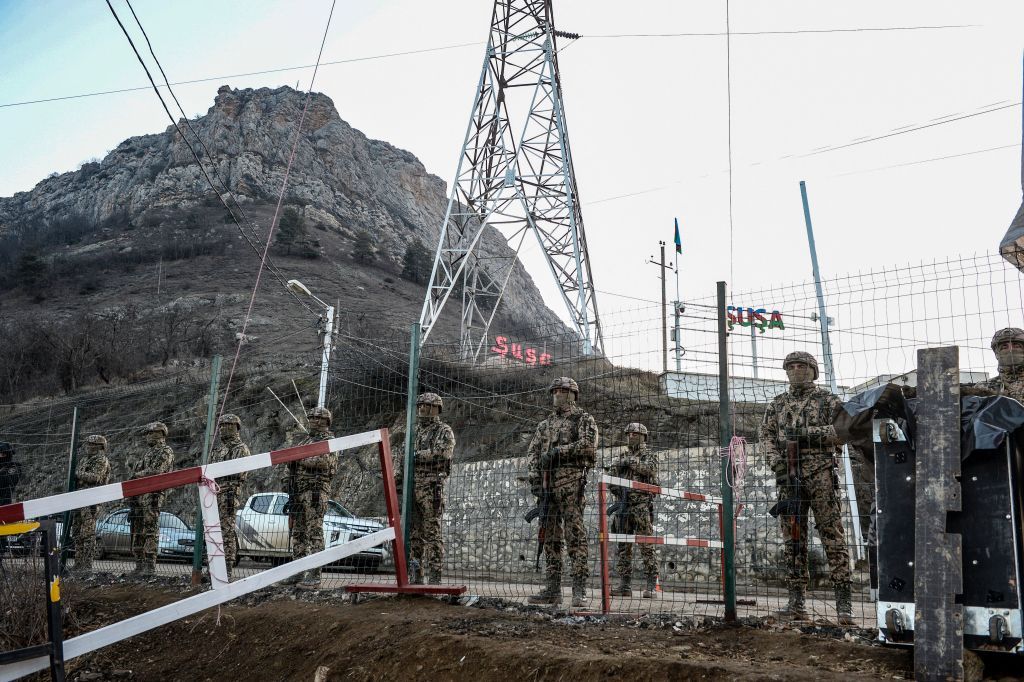Armenia denounces Azerbaijan's offensive in Nagorno-Karabakh, claims Armenian forces 'not involved'

Armenia denounced Azerbaijan's military offensive against Nagorno-Karabakh, but claimed that Armenian forces are not stationed there and do not take part in hostilities, the Armenian Foreign Ministry said on Sept. 19.
"We strongly condemn Azerbaijan's aggression against Nagorno-Karabakh and the mass crime that took place exactly three years ago, in 2020," the ministry said in its statement.
"Civilian settlements, the city of Stepanakert, and other cities and villages are subjected to shelling by Azerbaijan under the empty pretext of destruction of military objects."
According to Yerevan, Baku's latest offensive is meant to "complete its policy of ethnic cleansing" of ethnic Armenians living in Nagorno-Karabakh.
Armenian Prime Minister Nikol Pashinyan also said that Armenian troops are not involved in the clashes, adding that the situation at the Armenian-Azerbaijani border is "stable."
Earlier on Sept. 19, Azerbaijan launched a military operation in Nagorno-Karabakh with the claimed "goal of restoring the constitutional order."
In Stepanakert or Khankendi, the de-facto capital of Nagorno-Karabakh, an air raid sounded and there are reports of gunfire and explosions.
While Azerbaijan claims that it is responding to Armenian forces firing on Azerbaijani outposts on Sept. 18, Yerevan called the claims of provocations by Armenia "false."
There's no evidence backing these claims at this time.
Nagorno-Karabakh is recognized as Azerbaijan's territory under international law. Its population of 120,000 is predominantly Armenian.
The territory declared independence in 1991 with Yerevan's military support. Until 2020, Armenia de facto controlled Nagorno-Karabakh together with the surrounding regions.
In 2020, Azerbaijan launched a military operation establishing control over parts of Nagorno Karabakh.
In November 2020, Russia brokered an armistice between Armenia and Azerbaijan. Moscow sent forces to patrol the Lachin corridor, the only road connecting Nagorno-Karabakh with Armenia.
In 2022, Yerevan accused Russia of failing its peacekeeping mission when Moscow began withdrawing its troops in 2022 and allowed Azerbaijan to blockade Nagorno-Karabakh, preventing basic supplies from reaching the population.
The U.S. and EU have called on Azerbaijan to end the blockade.
In February 2023, the International Court of Justice (ICJ) ruled in favor of Yerevan's appeal to lift the blockade of Nagorno-Karabakh.
Baku denied imposing a blockade.
Commenting on the issue, Azerbaijani President Ilham Aliyev said "Armenians living in the Karabakh must either accept Azerbaijani citizenship or look for another place to live."














